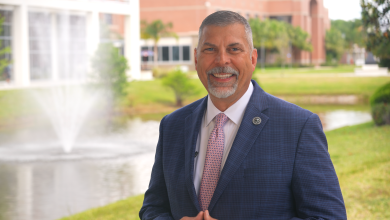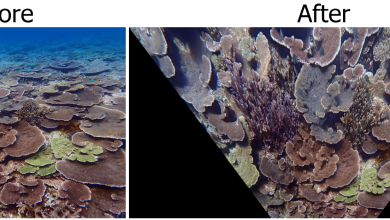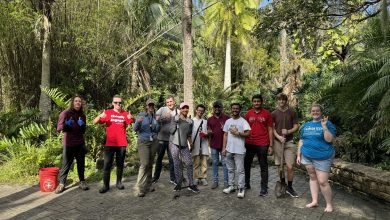Mars … Why Bother?
 Mars has captivated our curiosity for millennia. Its occasional retrograde motion and fiery appearance ensured Mars became deeply embedded and deified in many cultures. Observations with our first telescopes added to its allure; the poor optics led scientists to claim the presence of canal-like structures (canali) on its surface and postulate the presence of Martian life. This resulted in an explosion of Mars-based science fiction literature and film.
Mars has captivated our curiosity for millennia. Its occasional retrograde motion and fiery appearance ensured Mars became deeply embedded and deified in many cultures. Observations with our first telescopes added to its allure; the poor optics led scientists to claim the presence of canal-like structures (canali) on its surface and postulate the presence of Martian life. This resulted in an explosion of Mars-based science fiction literature and film.
Our Mars enthusiasm continues to this day. Plans are afoot to land humans on its surface within the lifetime of current undergraduates. However, like the illusions of the canali, is such a venture feasible, and are there any tangible benefits for those of us remaining on Earth?
The Apollo missions demonstrated that setting lofty goals is the best way to drive technological advancement and inspire the next generation of scientists, technologists, engineers, artists and mathematicians. At this point in human history, Mars is the loftiest goal. So, now that humans have been to the moon several times, robotic missions are becoming regular and we have a continuous presence in the International Space Station (ISS), the next logical goal is crewed visits to other planetary bodies. The ultimate survivability of our species will depend on us being able to leave Earth for good, and there is no time like the present to start on that process.
There are still many tasks that rovers and robots cannot carry out, and so directly conducting experiments on the surface of another planet will open up a new “discovery space” and establish new branches of science like astro-geology. However, getting any humans there (alive) isn’t easy. The radiation environment of interplanetary space and multiple years in a sub-g environment cause irreparable damage to the human body. However, these challenges push our species forward into a more advanced and prosperous future. They will be solved one step at a time, with continued studies aboard ISS and missions to near-Earth asteroids. Apollo was our species simply stretching its space legs. ISS has us standing on our feet. Soon we really will be taking that giant leap for humankind.
Daniel Batcheldor is the department head of physics and space sciences. His research focuses on supermassive black holes and their role in the evolution of galaxies, and on space-based instrumentation for extreme contrast ratio applications.




